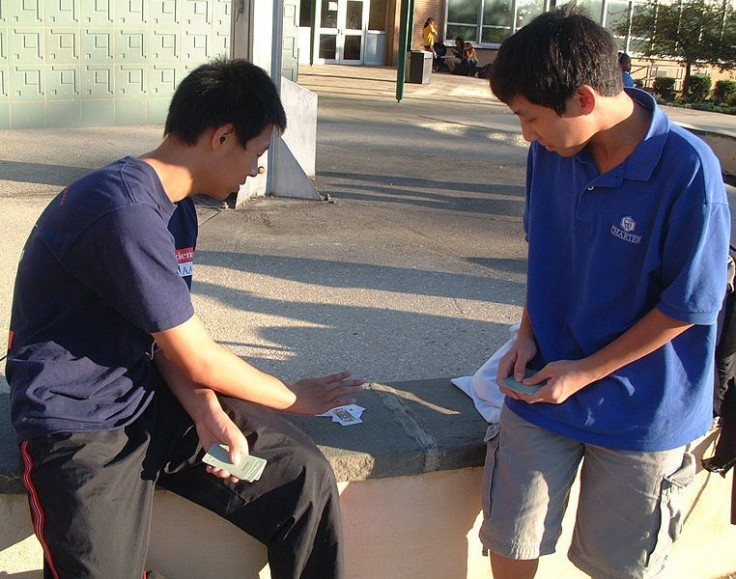Back To School Advice For Special Teens: Those Coping With A Parent Who Has Cancer

Marc Silver is co-author, with his daughter, Maya, of My Parent Has Cancer and It Really Sucks: Real-Life Advice from Real-Life Teens. “It's too much to expect teens to navigate this difficult period alone, but parents need a strategy to help,” Silver states. Noting an estimated one million teenagers have a parent who is a cancer survivor, he outlines strategies for teens returning to school as they cope with a parent’s cancer in an article published by CNN.
One: Tell the school
Although it’s important to discuss this beforehand with your teen, the first thing to do is to inform your child's school. “Start with one person: the school social worker; a guidance counselor; a trusted teacher or coach,” Silver states. From that one person, others can be brought into the loop.
Two: Set ground rules
If you want a teacher’s questions about a parent's health kept to private conversation, you will need to make that clear. You might even want to set up specific lines (and times) of communication.
Three: Create helpful strategies
Once they become aware of a difficulty at home, some schools offer a troubled student "get-out-of-class" passes, which are good for a 10- or 15-minute break.
Four: Keep an eye on academics
Some teens can handle their workload, even when a parent is coping with cancer; others unfortunately struggle. It might be necessary to request teachers specially consolidate assignments and homework for your teen.
Five: It's not all about cancer
Sometimes your child will have a problem that unrelated to cancer. A helpful reminder might be necessary if your child’s difficulty is overlooked.
Alternative View
The National Cancer Institute provides a somewhat similar list for teens, focusing on what they might need to hear after first learning a parent has cancer:
Many people survive cancer.
It's important for your child to have hope. There are about 12 million cancer survivors living in the U.S. today.
You’re not alone.
Many teens have a parent who has cancer. Talking to others may help you sort out your feelings.
You’re not to blame.
Doctors don't fully understand the many causes of cancer, but none has anything to do with what you’ve done, thought, or said.
Balance is important.
You can be concerned about your parent and still stay connected with people that you care about and activities that are enjoyable.
Knowledge is power.
Sometimes what you imagine is worse than reality. Why not learn more about your parent’s type of cancer and the treatment?
Published by Medicaldaily.com



























